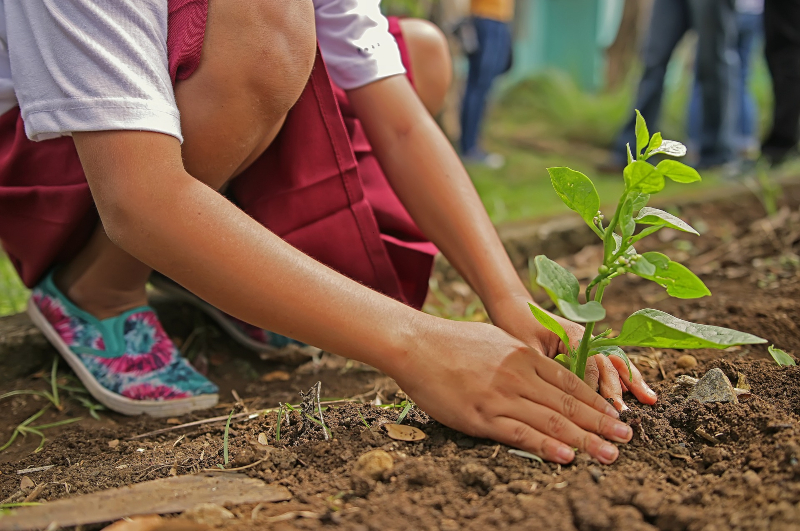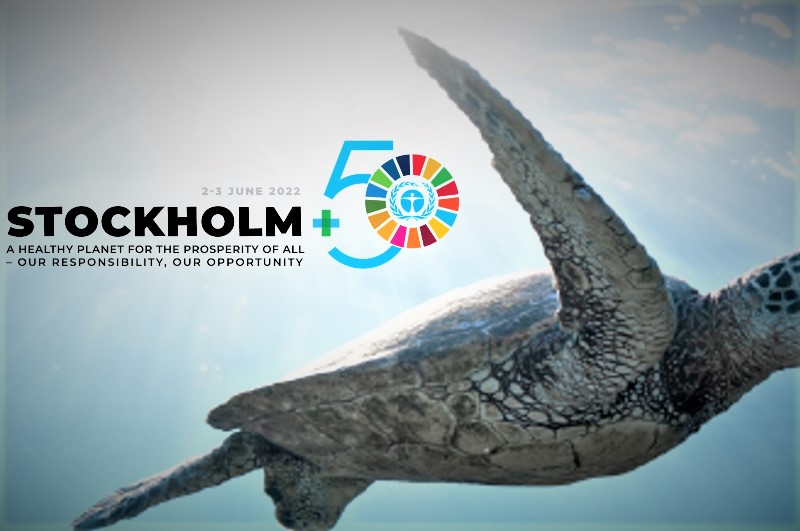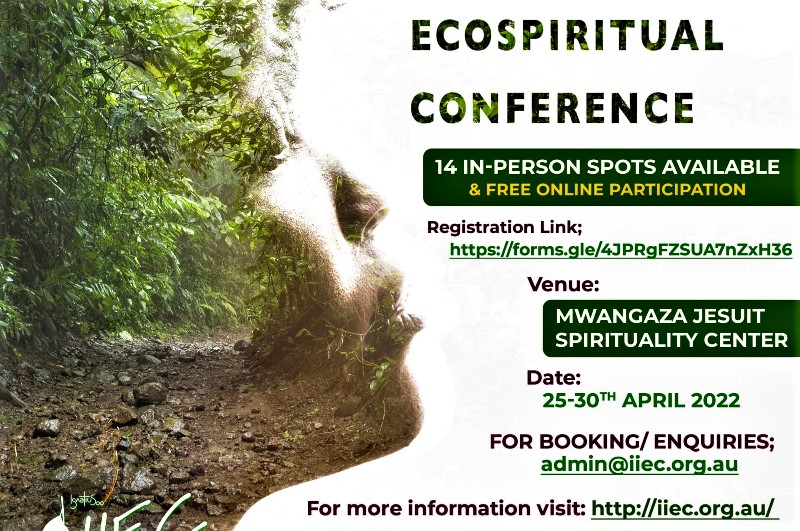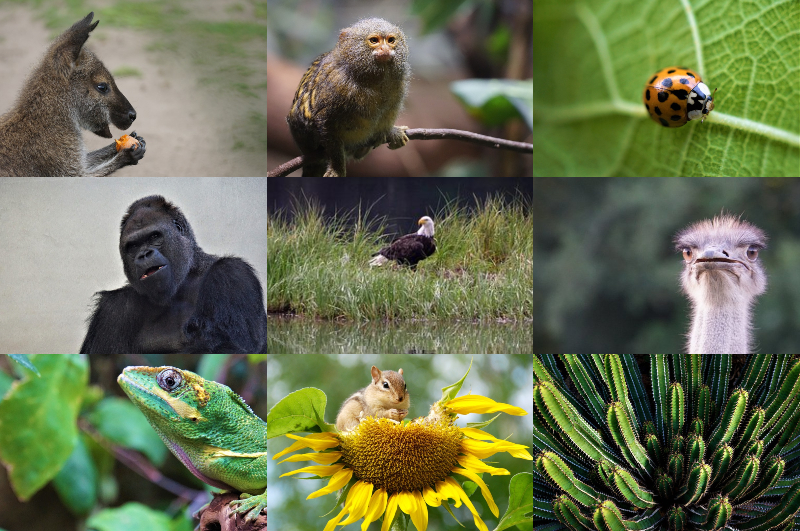


We are Part of the solution
In recent years, scientists have been warning us that we are experiencing or are in the middle of the sixth extinction of life since it began over 3.8 billion years ago. These researchers have been raising the alarm about what some of them have termed a “Biological Annihilation,” and forewarning us that billions of animals have been lost in recent decades.
The 2019 Global Assessment Report on Biodiversity and Ecosystem Service declares that the rate of global change in nature, which is partly responsible for this near catastrophe, has during the past 50 years been unprecedented in human history. In 2010 the International Union for the Conservation of Nature (IUCN), estimated that “one in five mammals, one in four plants, one in three amphibians and one in eight birds are in danger of being pushed over the precipice of extinction.” These estimates, relate to only those species that are known to be threatened. Many more unknown species are endangered and are yet to be discovered.
Scientists have been involved in rigorous analysis of both common and rare species and their studies reach disturbing conclusions of billions of regional and local populations being lost. Although there may not be coherence and agreement among the different studies on the rate or speed of this biological annihilation, there is however, an agreement that we are experiencing a serious and disturbing loss of biological diversity or biodiversity.
The Biodiversity Convention explains biological diversity as “the variability among living organisms from all sources including, inter alia, terrestrial, marine and other aquatic ecosystems and the ecological complexes of which they are part; this includes diversity within species, between species and of ecosystems.” Some of the proponents of this biodiversity crisis that is upon us, are even equating it to the extinction aftermath that wiped out the dinosaurs and about half the species of the world millions of years ago. Speculations are that around one million animal and plant species are now threatened with extinction.
At the heart of the problem, as Pope Francis reminds us in his encyclical Laudato Si’, is human activity on the planet which has raised the extinction rate to more than 100 times higher than it would have been without it. The 2019 global assessment on Biodiversity and Ecosystem Services, reports that “human-induced changes are creating conditions for fast biological evolution – so rapid that its effects can be seen in only a few years or even more quickly.”
The situation is unsustainable and this kind of human behaviour, as one would expect, threatens human civilisation and the very survival of human beings. Francis describes this reckless and selfish human behaviour and its consequences unequivocally: “The earth’s resources are being plundered because of short-sighted approaches to the economy, commerce and production.” Although more people are becoming aware of the dangers of the loss or biodiversity crisis and there’s a growing recognition of the preciousness of biological diversity, human activity continues to significantly reduce the number of species.
There is a need for intensified ecological education that will help achieve an ecological conversion and consequently help avoid the looming tipping point. Francis warns of human activity, “often in the service of business interests and consumerism,” that is “making our earth less rich and beautiful, ever more limited and grey, even as technological advances and consumer goods continue to abound limitlessly.” He warns us against the erroneous thought “that we can substitute an irreplaceable and irretrievable beauty with something which we have created ourselves.” Unless we change this destructive behaviour or reach an ecological conversion, biodiversity crisis will grow by leaps and bounds to an irredeemable point. All to the detriment of human beings.
The 2019 Global assessment on Biodiversity and Ecosystem Services also reports, that “for terrestrial and freshwater ecosystems, land-use change has had the largest relative negative impact on nature since 1970, followed by the direct exploitation, in particular overexploitation, of animals, plants and other organisms. Harvesting, logging, hunting and fishing are mainly the responsible human activities. In marine ecosystems, direct exploitation of organisms (mainly fishing) has had the largest relative impact, followed by land-/ sea-use change. Again, this selfish anthropocentric human behaviour is not sustainable for neither human beings nor the rest of the creatures and the planet.
We truly don’t have the luxury of time. Loss of biological diversity threatens all, including our health. According to the United Nations (UN), “Fish provide 20 per cent of animal protein to about 3 billion people. Over 80 per cent of the human diet is provided by plants. As many as 80 per cent of people living in rural areas in developing countries rely on traditional plant‐based medicines for basic healthcare.” There is, credible evidence that biodiversity loss could also expand zoonotic diseases or zoonoses. It is therefore to our immense advantage to keep biodiversity intact as we battle against pandemics like coronavirus.
As scientific evidence points to human behaviour as being the fundamental problem, we are encouraged and reminded as we celebrate the International Day for Biological Diversity, that we can and should be part of the solution in mitigation of this biodiversity crisis or “biological annihilation.” The UN has this year, chosen the theme “We are part of the solution” to commemorate the day. It is a call to re-examine our relationship with the natural world because, as the UN puts it, “despite all our technological advances we are completely dependent on healthy and vibrant ecosystems for our water, food, medicines, clothes, fuel, shelter and energy, just to name a few.” Failure to preserve a healthy, vibrant ecosystem and maintenance of biodiversity will result in both the current and future generations facing incalculable values of damage to the environment. We desperately need to stop deforestation, pollution, climate change, overfishing and start promoting the three Rs (reducing, reusing and recycling) and creation of biological corridors, among many other mitigating measures.
Pope Francis made a call to conversion in Laudato Si’ and now the UN is also inviting us to change our human behaviour that is perpetuating loss of biodiversity. Preservation or loss of biodiversity for the next million years will, as it has been argued, be determined by the (in)actions of human beings today and in the coming decades. Let everyone be part of the solution while we still have time.
Related Articles
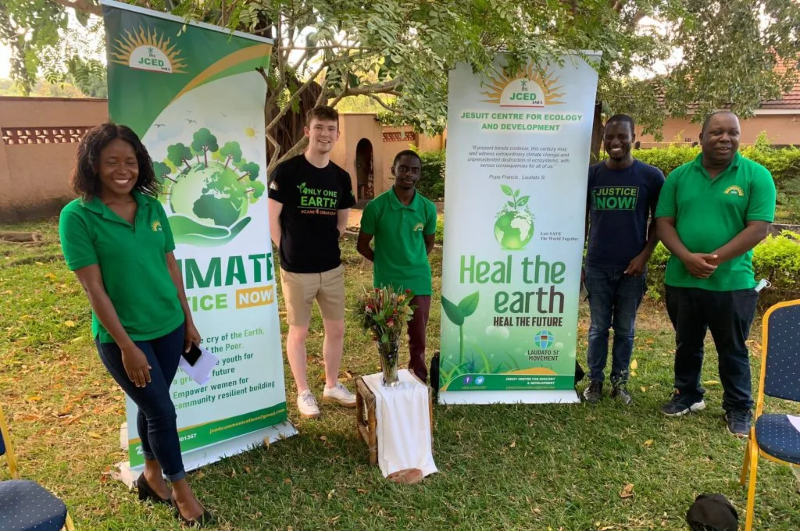
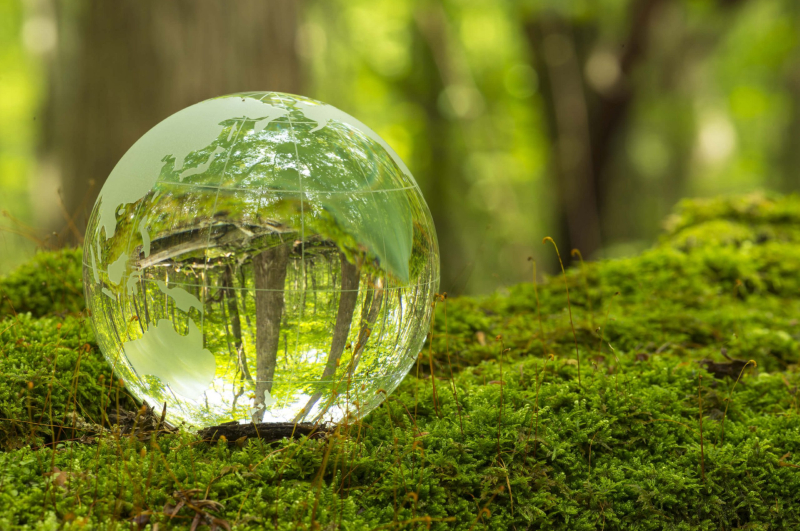
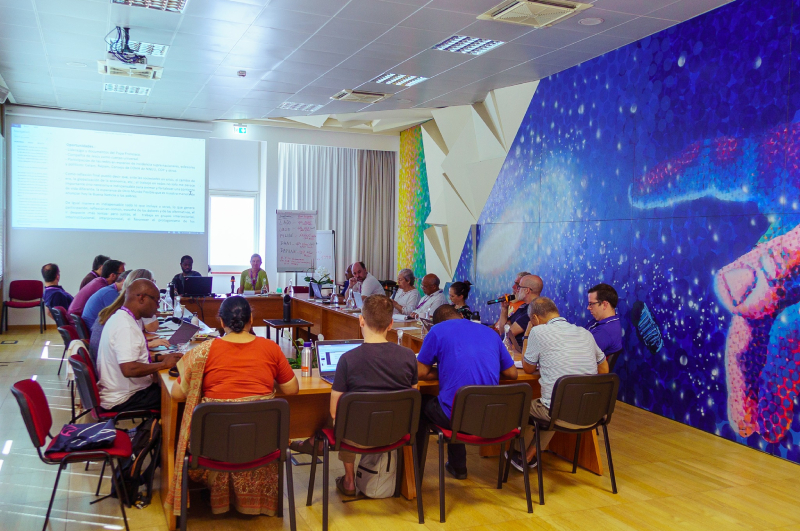
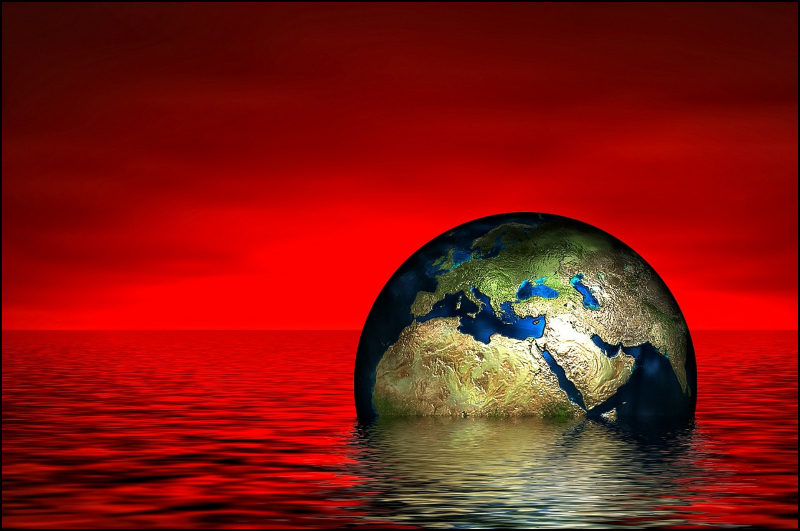

Select Payment Method
Pay by bank transfer
If you wish to make a donation by direct bank transfer please contact Fr Paul Hamill SJ treasurer@jesuits.africa. Fr Paul will get in touch with you about the best method of transfer for you and share account details with you. Donations can be one-off gifts or of any frequency; for example, you might wish to become a regular monthly donor of small amounts; that sort of reliable income can allow for very welcome forward planning in the development of the Society’s works in Africa and Madagascar.
Often it is easier to send a donation to an office within your own country and Fr Paul can advise on how that might be done. In some countries this kind of giving can also be recognised for tax relief and the necessary receipts will be issued.


